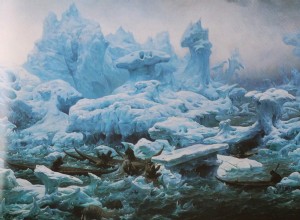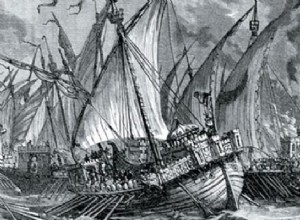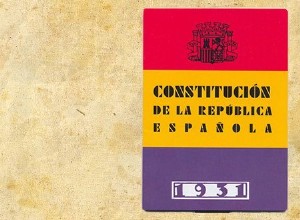Do you know which country realized the largest territory in the history of the world? The correct answer is the British Empire. We learned English, which was a common language of the British Empire, through compulsory education and adopted the British parliamentary system. However, pre-medieva




